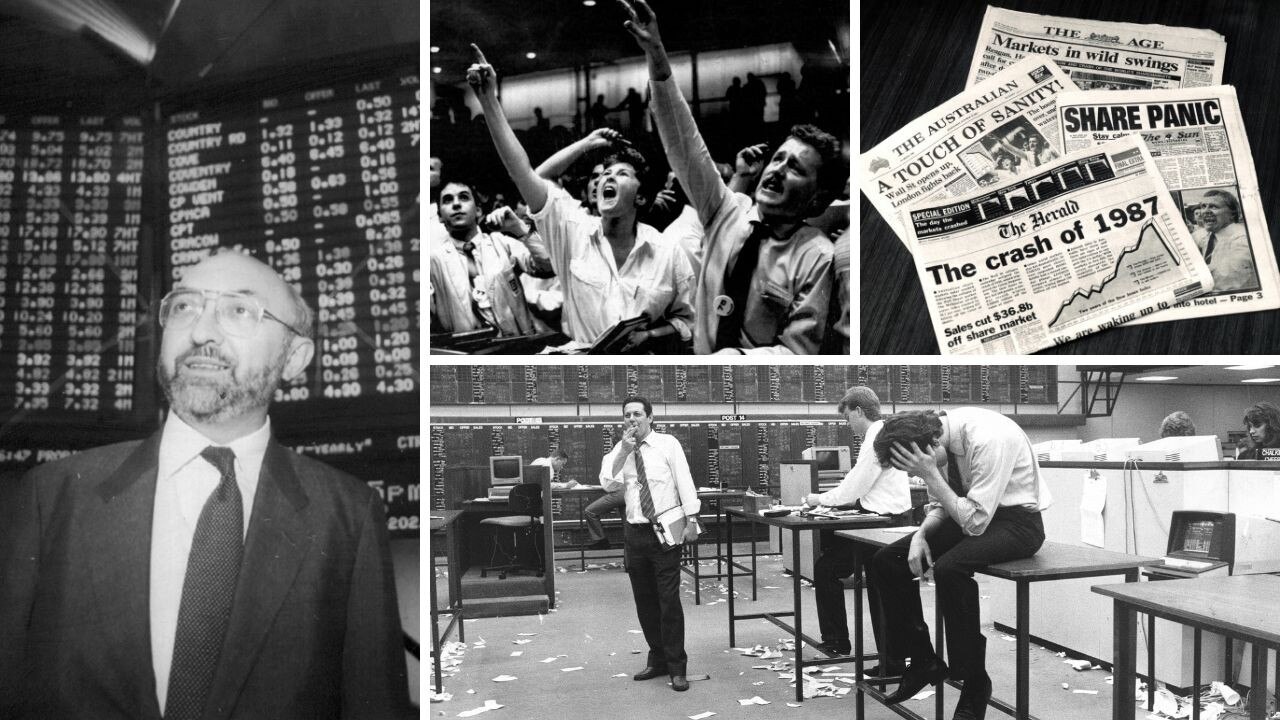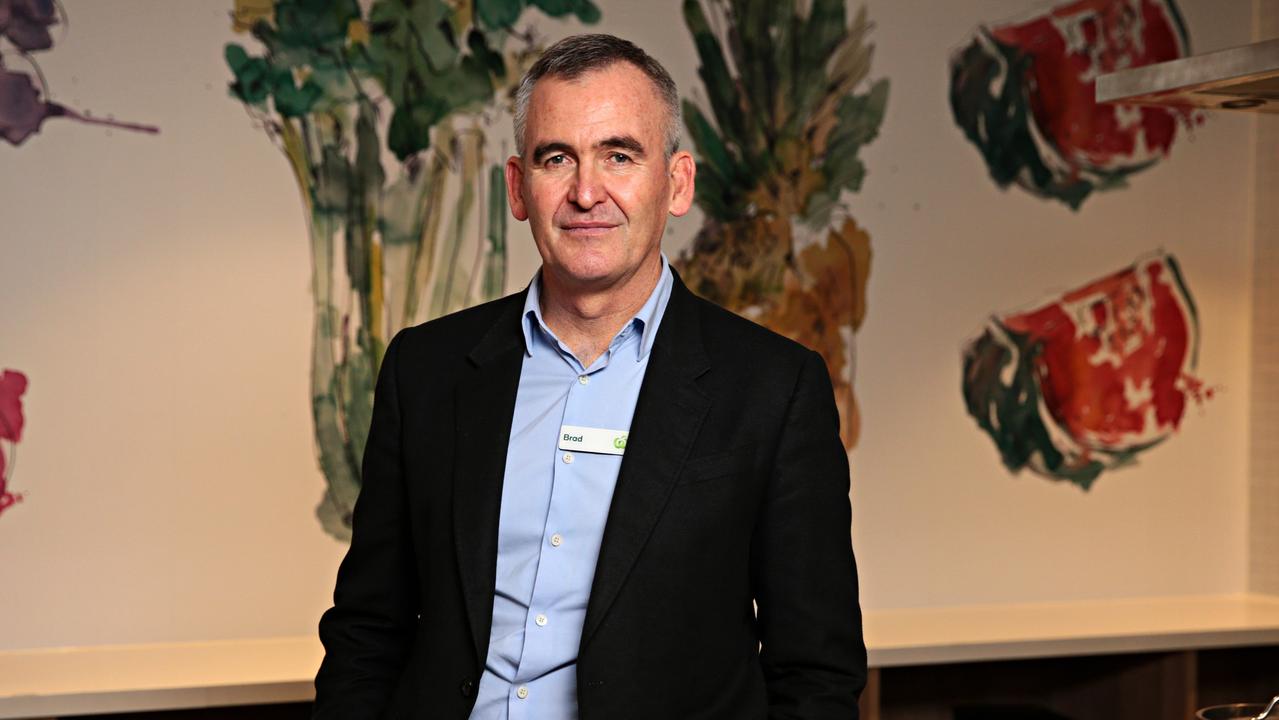Gough Whitlam-flavoured coal plan won’t work
Despite trainee treasurer Jim Chalmers’ slavish adoration of Paul Keating, the Albanese government is shaping up far more like a replay of Whitlam than of Hawke-Keating.
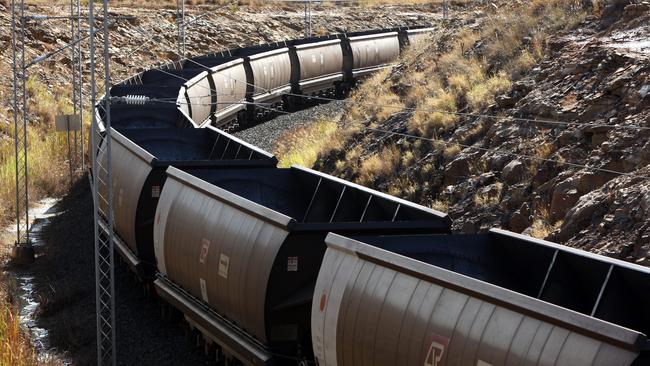
Terry McCrann
Don't miss out on the headlines from Terry McCrann. Followed categories will be added to My News.
It’s beginning to look a lot like Whitlam mess Version 2.0.
Despite trainee treasurer Jim Chalmers’ slavish adoration of Paul Keating – a former editor of mine would describe Chalmers’ prime qualification as “having a PhD in Paul Keating” – the Albanese government is shaping up far more like a replay of Whitlam than of Hawke-Keating, or even its somewhat poor cousin, the subsequent solo Keating version.
This would be at least ironic. Keating – and even more, Bob Hawke – came to power in 1983 with an absolute determination not to replay the Whitlam catastrophe. Hardly irrationally so: who’d deliberately put their hand up for just three years?
Well, just maybe our peripatetic PM – indeed arguably the most peripatetic in our entire history – might be, however unknowingly, in the process of doing exactly that.
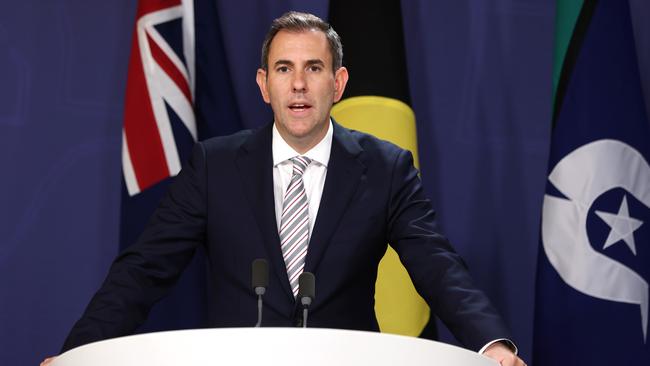
No, the incoming Albanese-Bowen-Chalmers government didn’t go on an immediate spending spree in the October budget. But then, neither did Whitlam, in the first year – the really crazy spending came later.
More immediately, the incoming Albanese government didn’t exactly play fiscal Scrooge either. About $144bn dropped into its lap out of a commodity boom blue sky; and what did they do with it? They basically allowed the bigger chunk of it to be spent – true, sure, on “essential commitments”. So, when Chalmers moans, as he did again this week, about the “trillion dollars of debt inherited”, bear this in mind.
That “trillion dollars” is fake fiscal non-news anyway. At June 30, total federal government securities on issue added to $848bn. That’s significantly lower than the claimed trillion. Further, and the reason I emphasised the word “total”, net federal debt was “only” $515bn. What’s the big “plus” that brings total debt down so sharply?
Why, it’s the $240bn (at June) that’s in the Future Fund – a consequence of the Peter Costello budget surpluses up to and including 2007, the last time we had a surplus, and likely to remain the last time.
Now, I put the word “only” in quotation marks because it’s a mixed story.
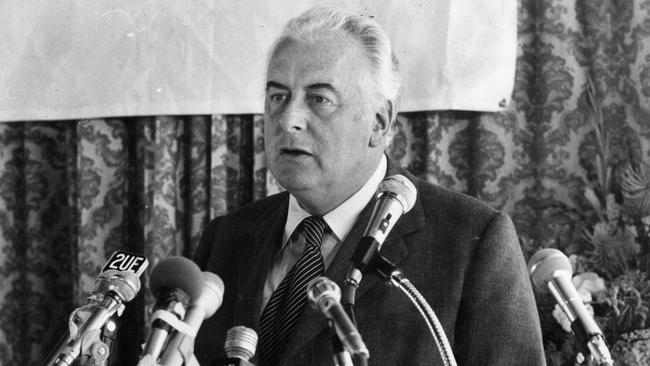
Yes, the real (net) debt’s “only” half a trillion, not the trainee treasurer’s claimed trillion. But it’s still a big figure, thanks to those Labor deficits from the Rudd-Gillard years and the panicked post-Covid spending of the Morrison-Frydenberg years. In general terms, what brings back flavours of Whitlam is the shiny-eyed, “change-the-world-overnight” enthusiasms – most obviously on climate change, with Chris Bowen a sort of composite of Clyde Cameron, Jim Cairns and Rex Connor all wrapped up in one. There’s another big irony for you. Connor wanted to cover Australia with gas pipelines; Bowen wants to close them all down. But, Augustinian-style, “not just yet”. Just like coal-fired power stations.
The demand for state governments to cap coal prices, at $125 a tonne, sits somewhere between a thought bubble and a very bad idea. But it’s got Whitlam and co. written all over it.
I have no problem in the world with reserving coal – and gas – for local use. And indeed, capping and even fixing its price. If, and that’s the key word, it’s done up front; just like the entirely sensible – and bipartisan WA state reservation policy.
Doing it after projects and mines are up and operating is a form of confiscation; and that’s the first step to a banana republic. Further, it almost certainly won’t work to achieve the desired slashing of power bills. Thanks to the – sure, entirely bipartisan – lunacy of force-feeding wind and solar into the grid, coal-fired power stations are price-takers, not price-setters.
Cutting the price of coal into a station – if indeed you even achieve that – won’t cut the electricity price, just cut the stations losses. In sum, 2022 was 1972 redux. Will 2025 be 1975 redux as well?


